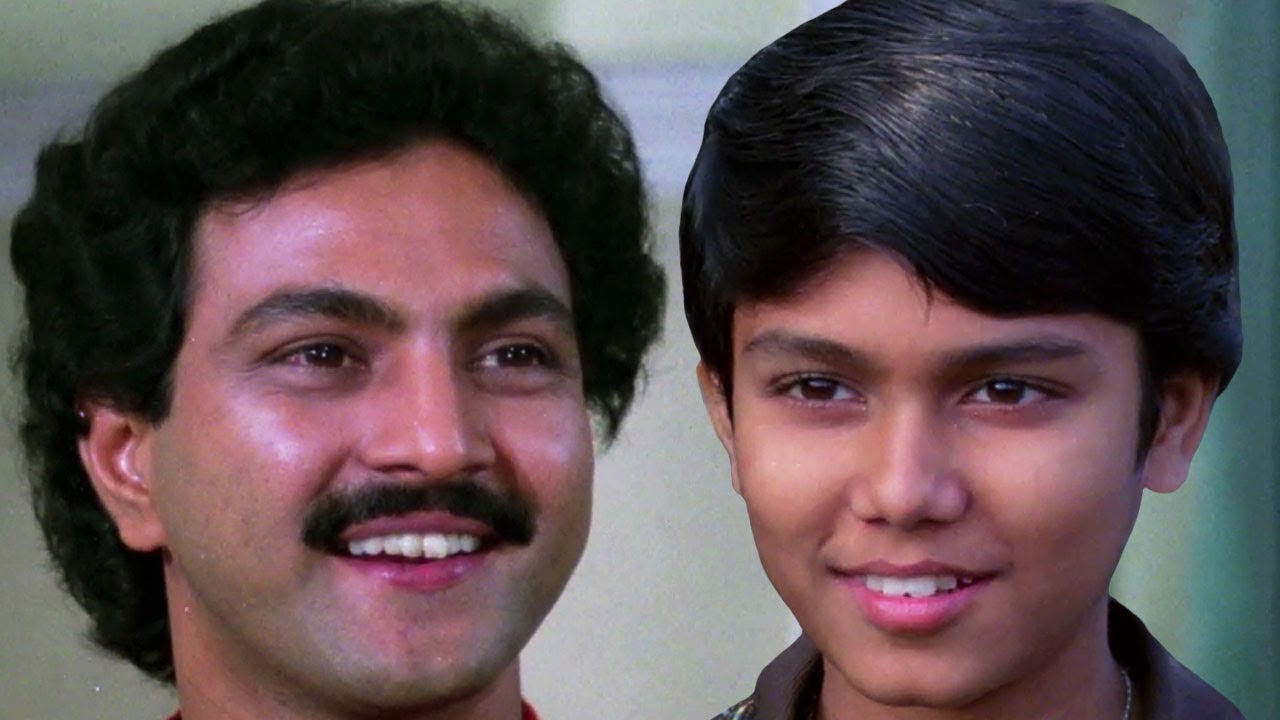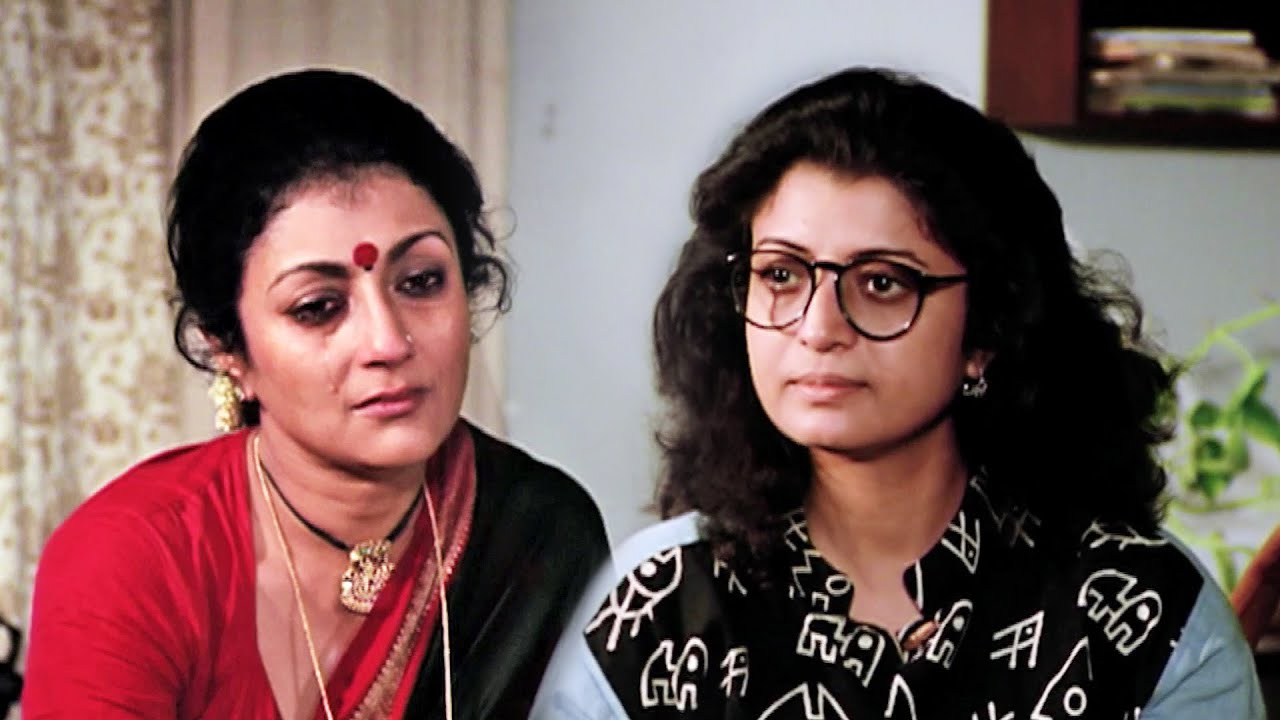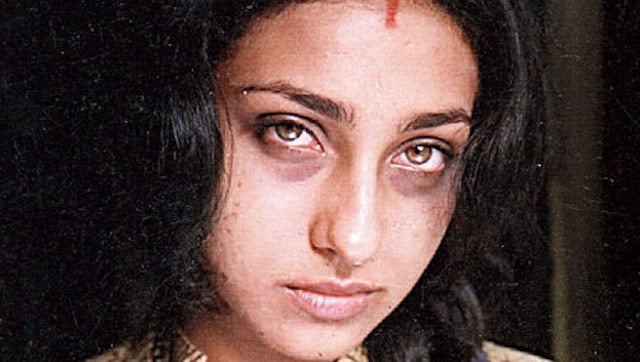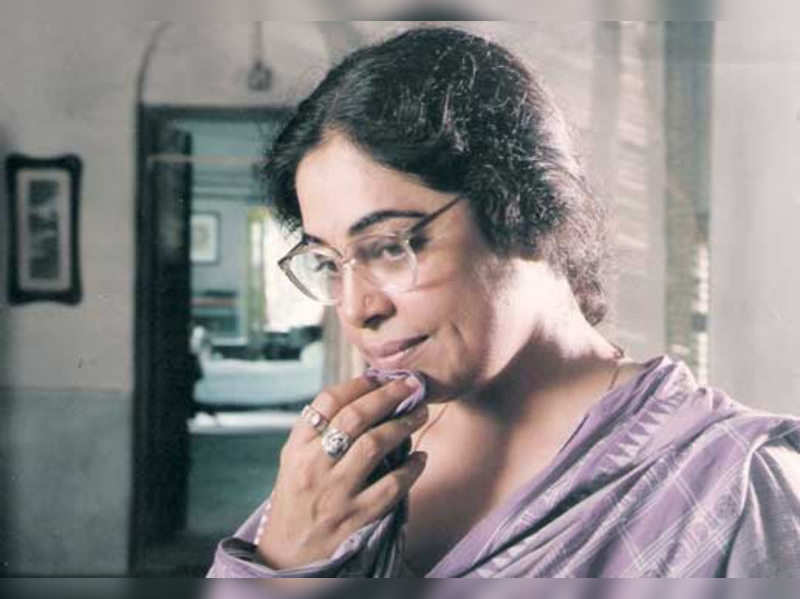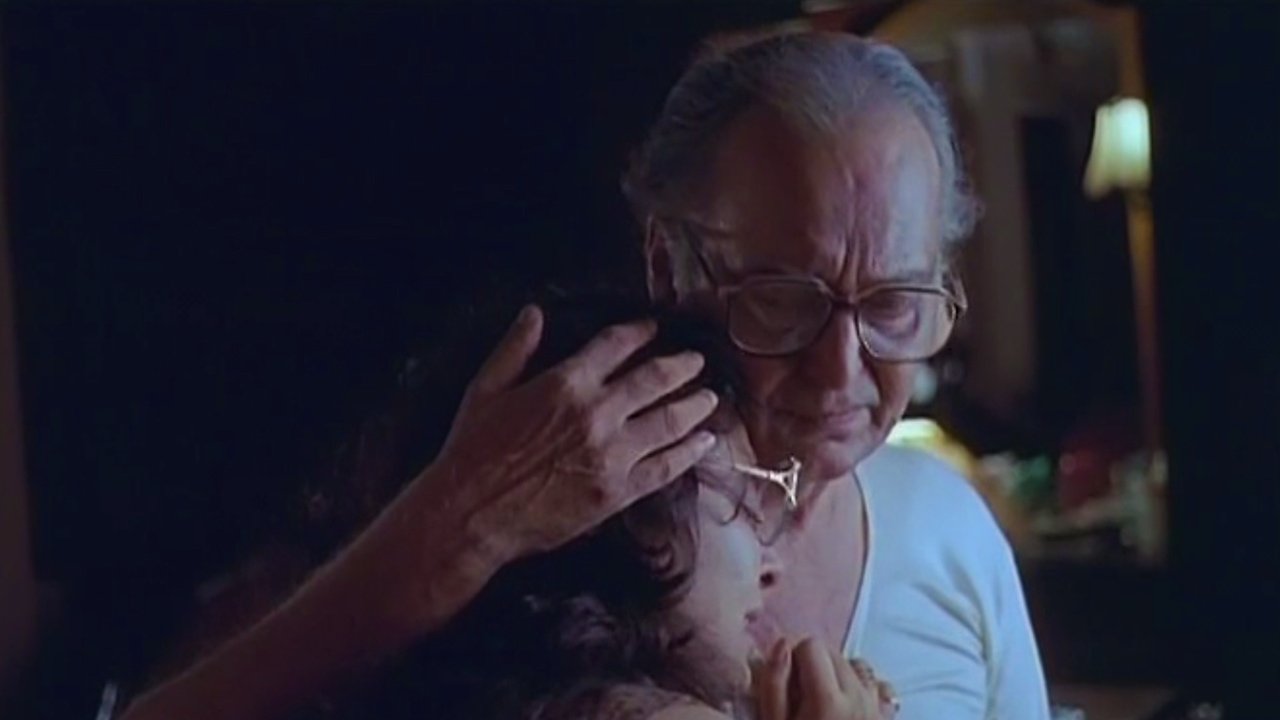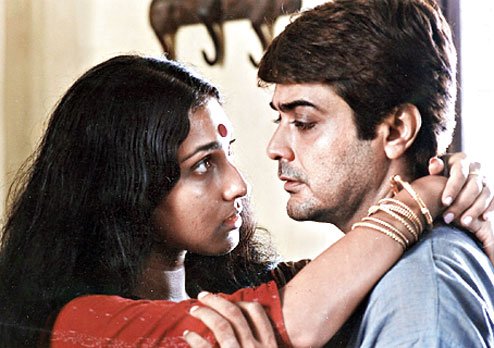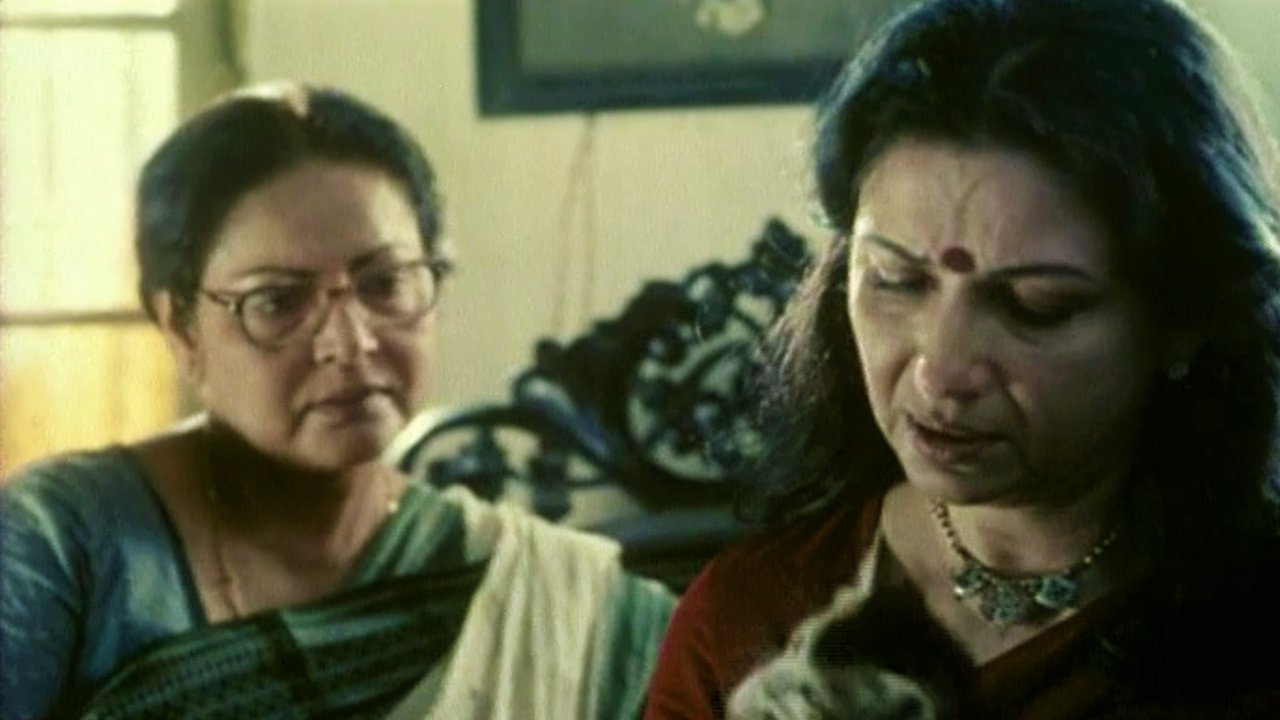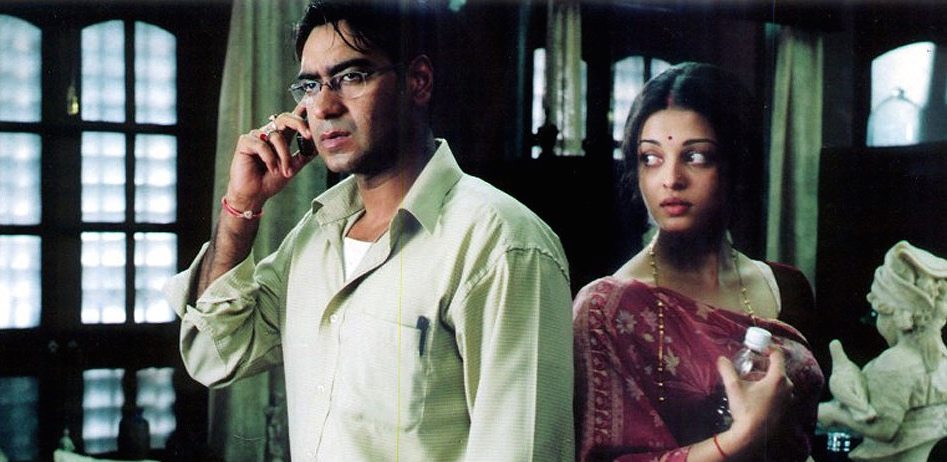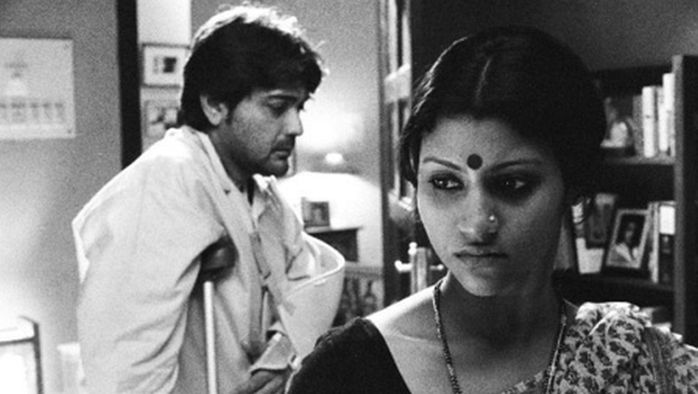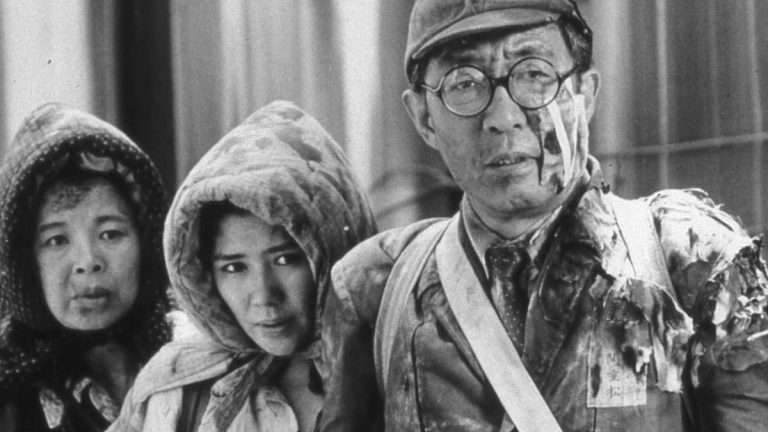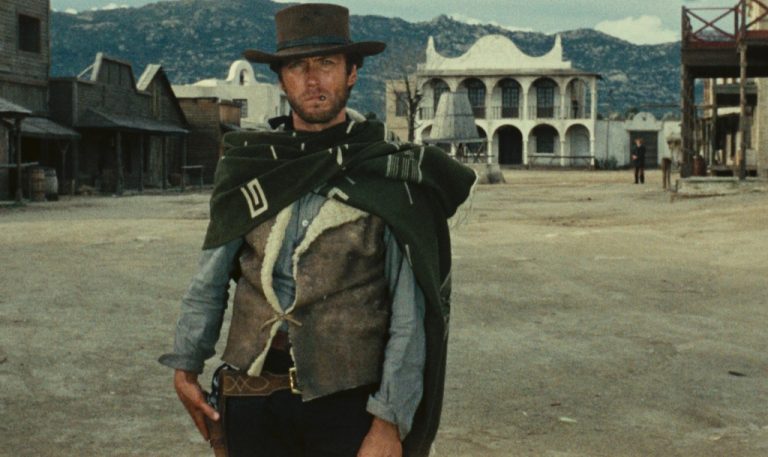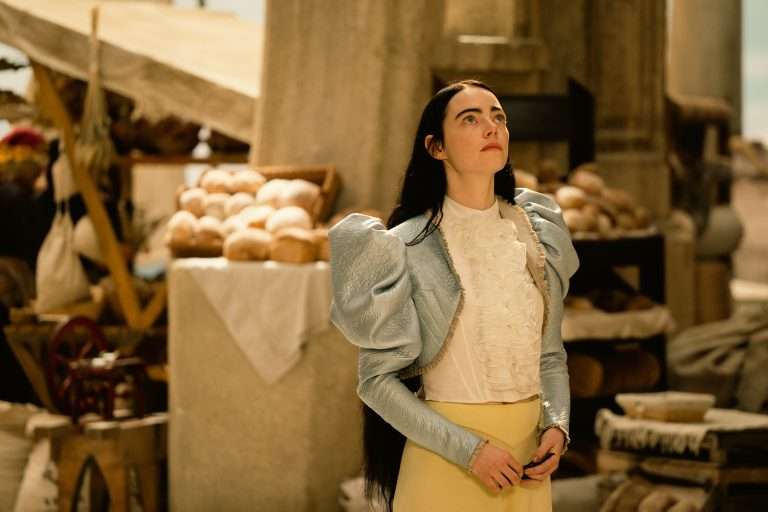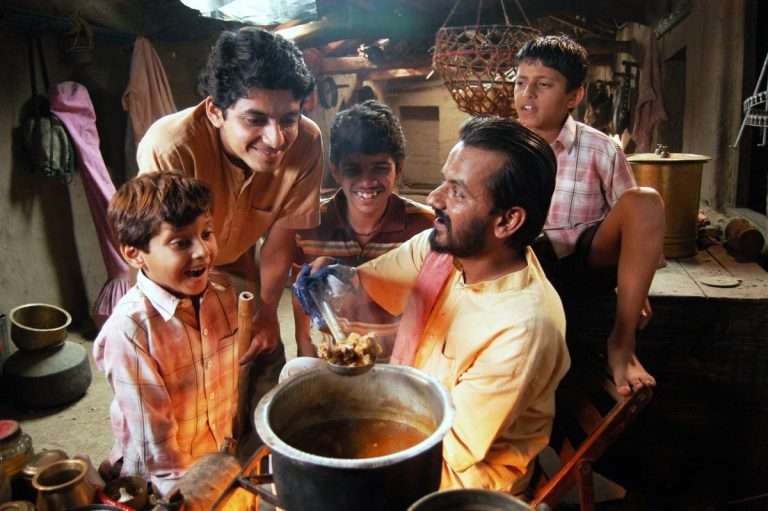Rituparno Ghosh was an iconic filmmaker and one of the finest auteurs to emerge from contemporary Bengal. According to film critics, he is the inheritor of the legendary Satyajit Ray’s legacy, and through his films, rooted firmly in middle-class values, desires, and aspirations, he is highly critical of the interpellations in patriarchal discourses and structures. His films represent his journey as a filmmaker from nurturing a strong feminist sensibility, which later evolved into radical queer politics.
Ghosh’s popularity was not only confined to India; he also got international recognition quite early in his career. And this reputation was built with the enthusiasm of the Bengali diaspora. It is believed that when Ray had passed away in 1992, a void was created within the Bengali film industry, and the emergence of Ghosh during such a critical period was like a stroke of fresh air that helped in its revival.
Each of his films is unique and shares the director’s approach to storytelling, focusing on the small and intimate rather than the melodramatic or outwardly significant. Seemingly trivial events in the lives of ordinary people are examined closely and in loving detail, and passion, drama, and significance are found in the characters’ minor, everyday conflicts and tragedies.
Running throughout his films is a powerful sense of the unknowable nature of people and their lives. Everyone has their reasons, and we may never know exactly what they are. This sense of the unknowable emphasizes Ghosh’s understanding of the world as profoundly complicated. People are called upon to make choices whose consequences they cannot know. They have to deal not only with their desires but also those of others. Desire is never simple. It is mixed with fear, often the fear of making the wrong choice. His untimely death on the 30th of May 2013 at the age of 49 was a huge loss to Indian cinema. Here is a List of the 10 Best Rituparno Ghosh Movies.
1. Hirer Angti (The Diamond Ring, 1992)
After directing documentaries for Doordarshan, Rituparno Ghosh went on to direct his first feature film with Hirer Angti (1992), based on a story by noted Bengali author Shirshendu Mukhopadhyay. The milieu of the film captures the jovial ambiance of Durga Puja happening in the spacious house of Ratanlal Babu (Basanta Choudhury). But the joyful moment is thrown into disarray by the arrival of a mysterious individual, Gandharva Kumar (Ayan Banerjee), who uses his charm and magical tricks to captivate the two grandchildren of the householder.
As the story moves forward, the viewers discover that the mysterious individual has a secret, and then one event after the other follows, which will disrupt the equilibrium of the family. Produced by Children’s Film Society India (CFSI) and despite was critically acclaimed but failed to get a commercial release.
You Can Watch Hirer Angti on YouTube
2. Unishe April (19th April 1994)
For his second film, Ghosh collaborated with Aparna Sen and Renu Roy to form Spandan Film and produced Unishey April. The narrative traces the moment taken by the protagonist Aditi (Debashree Roy) to come to terms with her mother, Sarojini (Aparna Sen), over the next twenty-four hours. The revelations will make her aware of the bitter truth that Sarojini is not a wrong person.
The entire confrontation occurs on the fateful night when Aditi attempts to end her life after her boyfriend refuses to marry her. Sarojini accidentally discovers the suicide letter, and a heart-stirring conversation happens between mother and daughter that results in releasing, and thereby providing relief from, strong and repressed emotions, both of them had bottled up for ages.
Similar to Rituparno Ghosh Movies: The 10 Most Essential Buddhadeb Dasgupta Movies
As the viewers are informed that Sarojini did not live up to the societal norms of being a perfect mother, but that does not make her evil, and the two alienated souls dissolve the differences between them. The film won the National Award for Best Film and Best Actress (Debashree Roy) in 1994, and when it hit the screens in the summer of 1995, it was a box office success too. Ghosh’s reputation as a niche filmmaker spread far and wide, and he would continue to make films on one interesting subject after the other, pushing the envelope of his creative and cinematic liberties.
3. Dohon (Crossfire, 1997)
The film is inspired by true events and based on novelist Suchitra Bhattacharya’s novel of the same name. The inciting incident occurs one evening in the city of Kolkata when Palash (Abhishek Chatterjee) and Romita (Rituparna Sengupta) go shopping at New Market and have to confront a group of men who initially begin with teasing and finally end up assaulting Romita.
Her husband is also beaten up severely, and the spineless passers-by do not come to rescue the helpless couple. But a young school teacher, Srobona Sarkar (Indrani Halder), who is traveling back home in a shared auto-rickshaw, displays courage and helps them. In the act of her bravery, she is also injured. Soon her name is displayed in the newspapers, and her act of fearlessness is appreciated in the social circuit.
At the same time, the personal lives of both women are strained due to the incident. And as the film ends, Romita goes to her sister’s store in Canada, and Srobona decides to marry her longtime boyfriend Tunir despite having doubts about the relationship. However, the culprits are never punished by the law. Rituparna Sengupta and Indrani Halder shared the National Film Award for Best Actress in 1998 for the film. Ghosh won the National Film Award for Best Screenplay.
4. Bariwali (The Lady of the House, 1999)
The film is based on an original screenplay by Rituparno Ghosh and chronicles the plight of a lonely middle-aged woman, Banalata (Kiron Kher), who is self-effacing in nature. She has a traumatic past, where a young man whom she was supposed to be married to died of snakebite. And the unfortunate accident made a deep scar in her mind, and she never remarried. She stays with her brazen maid Malati (Sudipta Chakraborty), who is a disobedient young girl. The events in the film unfold within several weeks as she rents her house to a film crew for shooting.
Similar To Rituparno Ghosh Movies: Every David Fincher Film Ranked
As the shooting proceeds, she involuntarily develops an infatuation with the director Deepanakar (Chiranjeet Chakraborty). She also plays a small role in the film. But as the shoot wraps and the crew returns and she writes a letter to Deepankar but does not get any reply. Even her role in the film is left out of the final edit of the film. Banalata finally realizes that her courteous and friendly nature has been exploited.
The film won two National Awards, Best Actress for Kirron Kher and Best Supporting Actress for Sudipta Chakraborty. Rituparno Ghosh won the Netpac Award, which he shared with Yuji Nakae’s Nabbie’s Love (1999), a Japanese film. After winning the National Award, the film got embroiled in a controversy over whether she dubbed the film in her voice or not.
5. Asukh (The Malaise, 1999)
Asukh is the tale of an actress, Rohini (Debashree Roy), who discovers the supposed infidelity of her fiancé, and as a result, she starts to doubt the loyalty of her father (Soumitra Chatterjee) towards his ailing wife because the doctor had indicated a possibility of immunity deficiency. But her doubts are proved to be inaccurate, and she eventually realizes that her fidgeting nature of blaming others has become like a chronic disease.
She resides in a room that gives the viewer a sense of being caged in a confined space. She is also dependent on sleeping pills and has developed an infection in her eye. Such clinical conditions also metaphorically present a diagrammatic representation of her troubled psyche. The film won the FIPRESCI Prize, a special mention, at the Bombay International Film Festival in 1999.
6. Utsab (The Festival, 2000)
Utsab begins with the goddess Durga being prepared for the annual festival in an old but well-maintained mansion in the outskirts of the city of Kolkata. To celebrate the festive occasion, the family members gather, and the viewers are informed that a relative, a real estate agent, has shown interest in buying the house. Most of the family members do not feign disagreement in selling off their ancestral house. Because they are really in need of money at this point of their lives as they are undergoing a crisis and need security in the form of wealth.
Also, Read: 10 Best Assamese Movies of The Decade (2010s)
Parul (Mamata Shankar) informs her family members that her married life is in soup, Nishit (Bodhisattva Mazumdar) reveals that he has been downsized from the blue collared job in the corporate sector, Keya (Rituparna Sengupta) admits that due to the habit of persistent alcohol consumption by her husband Arun (Prosenjit Chatterjee) has resulted in monetary anguish.
As the festival ends, all the individual family members leave for the city. Except for Keya, who stays back with her aging mother for a few more days. The house doesn’t get sold, and the family members go through emotional straining moments, which do not cause a significant breakage in their relationship, but have left scars. Rituparno Ghosh won the Golden Lotus Award for Best Director at the 48th National Film Awards.
7. Shubho Mahurat (2002)
Shubho Mahurat is based on Agatha Christie’s 1962 Miss Marple detective novel ‘The Mirror Crack’d from Side to Side’, where the character of Rangapishi, played by Rakhee, is the Bengali version of Miss Marple. As the narrative begins, Padmini (Sharmila Tagore), a popular film actress of yesteryears, comes to Kolkata from America with a mission to give her second husband, Sambit (Sumanta Mukherjee), to debut as a film director. The role of the heroine is to be played by Kakoli (Kalyani Mandal), who has an ill reputation due to her drug addiction.
The first day of the shoot begins and is attended by a young aspiring film journalist, Mallika (Nandita Das), who unfortunately becomes the solitary observer of Kakoli’s death, but actually, it is a murder. What happens next is a police investigation where Rangapishi provides crucial information regarding the murder, through her astuteness, that finally helps the authorities to solve the case. At the 50th National Film Awards, the film won two awards: Rakhee for the Best Supporting Actress and Ghosh for Best Feature Film in Bengali.
Also Read: Exploring the Narrative Angle and the Role of Women in ‘Shubho Mahurat’
8. Chokher Bali (Sand in the Eye, 2003)
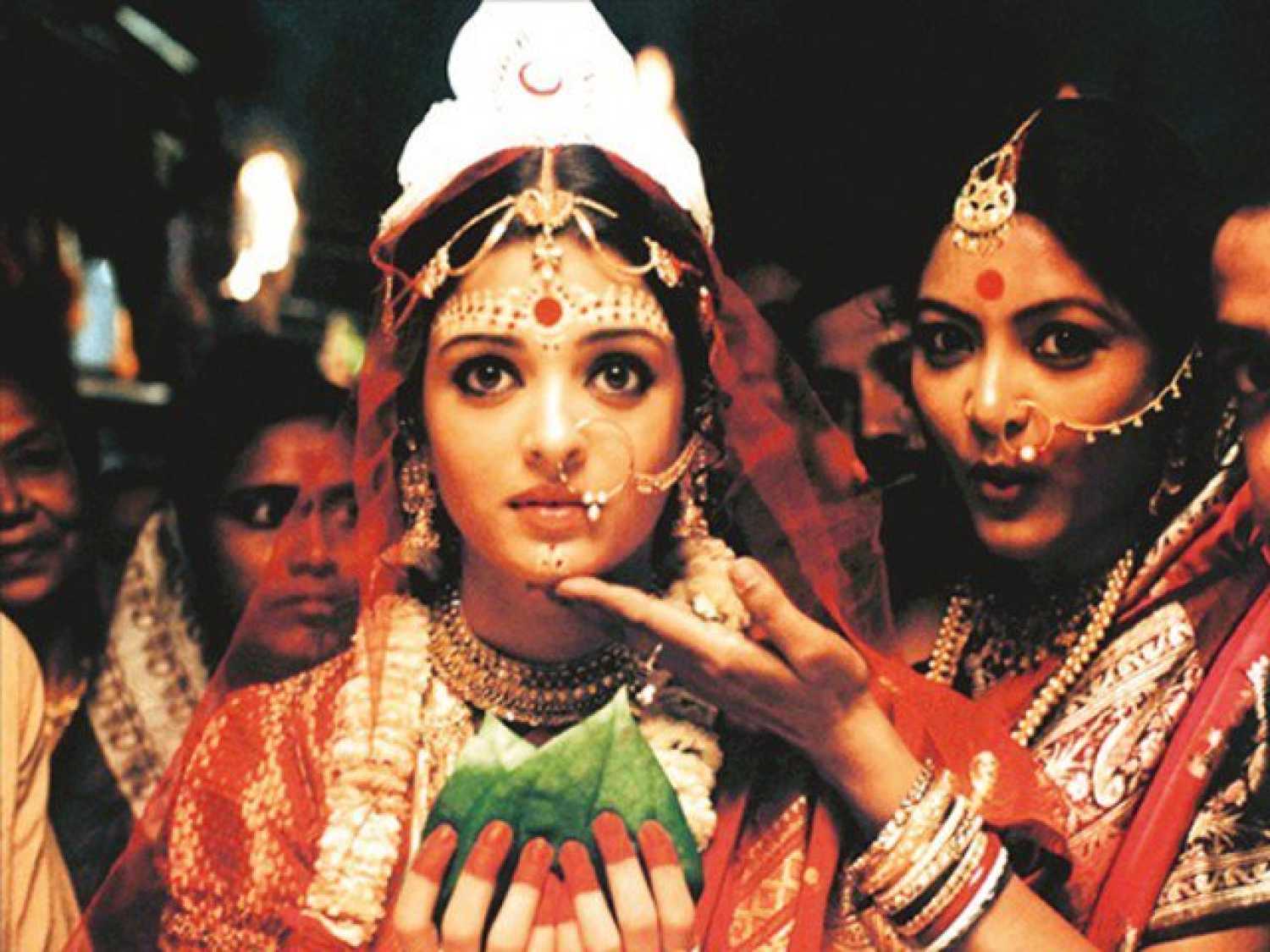
The film is adapted from the novel of the same name by Rabindranath Tagore. This was Ghosh’s first adaptation of a story by Tagore. After the death of her husband, Binodini (Aishwarya Rai), a young widow is forced to live in Calcutta with Rajlakshmi (Lily Chakravarty) and her son, Mahendra (Prosenjit Chatterjee), who had rejected a former marriage proposal with her. Mahendra now gets attracted to Binodini even though he is already married to Ashalata (Raima Sen).
Similar To Rituparno Ghosh Movies: 10 Best Indie Indian Filmmakers Who Owned 2020
Chokher Bali went on to win the National Film Award for Best Feature Film in Bengali and was nominated for the Golden Leopard (Best Film) award at the Locarno International Film Festival in 2003. The film was screened at the 34th International Film Festival of India on 19 October 2003. Besides being the official selection at the Chicago International Film Festival in 2003, it was showcased in over 25 international festivals, including the Toronto International Film Festival, the London Film Festival, Karlovy Vary, and so on. The film bagged the Apsara Film Producers’ Award for the Best Regional Film 2004, while Aishwarya Rai won the Best Actress trophy at the Anandalok Awards 2003.
9. Raincoat (2004)
Raincoat is the first Hindi film to be directed by Rituparno Ghosh and stars Ajay Devgn and Aishwarya Rai. The film is based on O Henry’s short story The Gift of the Magi. Manoj (Ajay Devgan) is out of work because there is a lockout in the jute mill he worked for in Bhagalpur. He has no financial support, and he goes to Kolkata.
Burying his shame, he goes from door to door to his friends from college so that they could loan him money to start a new business. Manoj used to love a girl, Neeru, in the prime of his youth, but their love story did not end happily as she got married and settled in the city. So, Manoj harbors a desire to catch up with her estranged lover. They meet after six years and spend the evening together.
Beyond the heavy emotions and heavy breathing, this gorgeous, melancholic meeting is about the wrenching process of breaking down the person you were to become the person you’re going to be. It is a complex study of power wrapped up in a hurtful choice that is still echoing in their relationship even after years of separation.
At the 52nd National Film Awards, the film won the National Film Award for Best Feature Film in Hindi and was nominated for the Crystal Globe for Best Feature Film at the Karlovy Vary International Film Festival. Rai also won the Zee Cine Award for Critics’ Choice Best Actress and was nominated for the Filmfare Best Actress Award and Star Screen Award Best Actress.
10. Dosar (The Companion, 2006)
Kaushik (Prosenjit Chatterjee) is a corporate official who, on his return from a rendezvous outside the city with his girlfriend, Meeta (Chandrayee Ghosh), meets with an accident that injures him brutally and kills her. When his wife Kaberi (Konkona Sen Sharma) discovers her husband’s infidelity, in the beginning, she refuses to take care of her husband and even sign the hospital papers. She even calls a lawyer to file for divorce and fights with her brother-in-law because she is torn between an almost vengeful desire to abandon her husband. But as she is governed by an insurmountable sense of moral imperative, her rigidity slowly changes.
This process of recovery from the physical injury and emotional exertion, after the accident, is the time of reckoning and ensuing conciliation between the married couples. It is a mature tale of promiscuity, extra-marital affairs as much as it is about forgiveness. Shot in black-and-white, at the 54th National Film Award, Prosenjit Chatterjee won the Special Jury Award / Special Mention (Feature Film) for his effective portrayal of a man, emotionally expressive despite his physical immobility.

